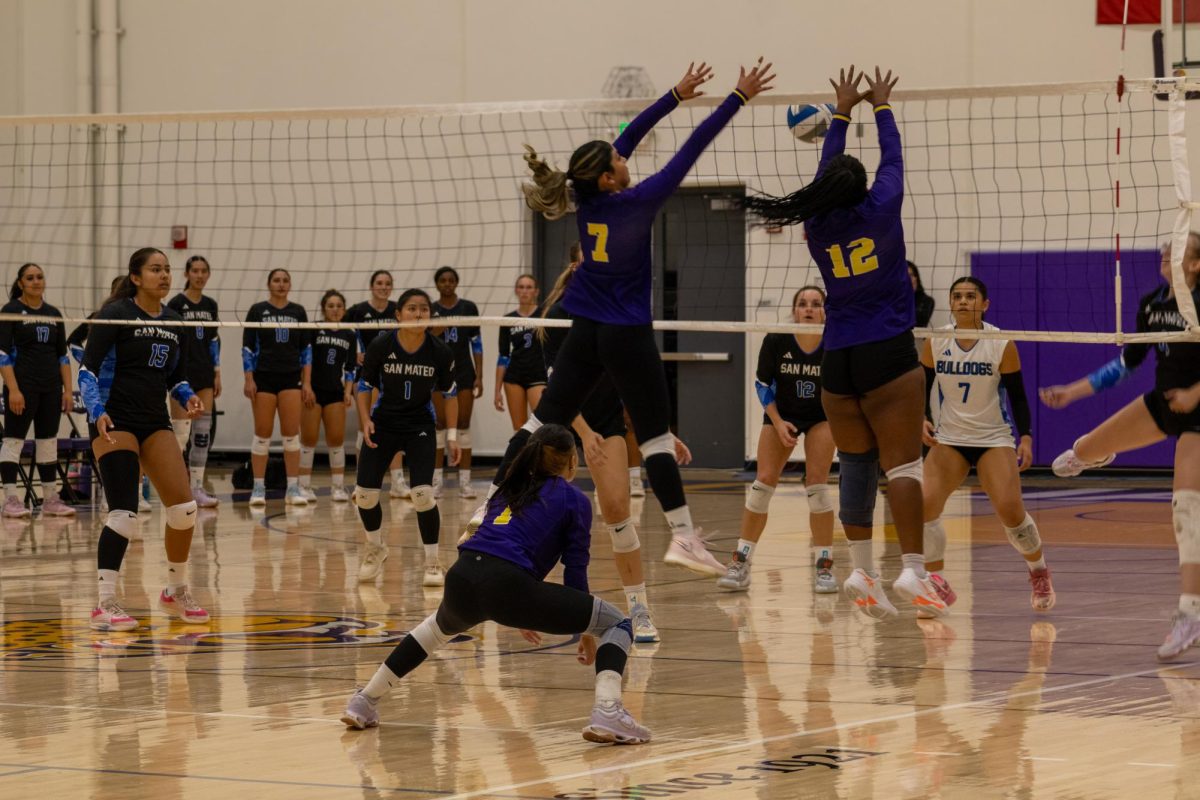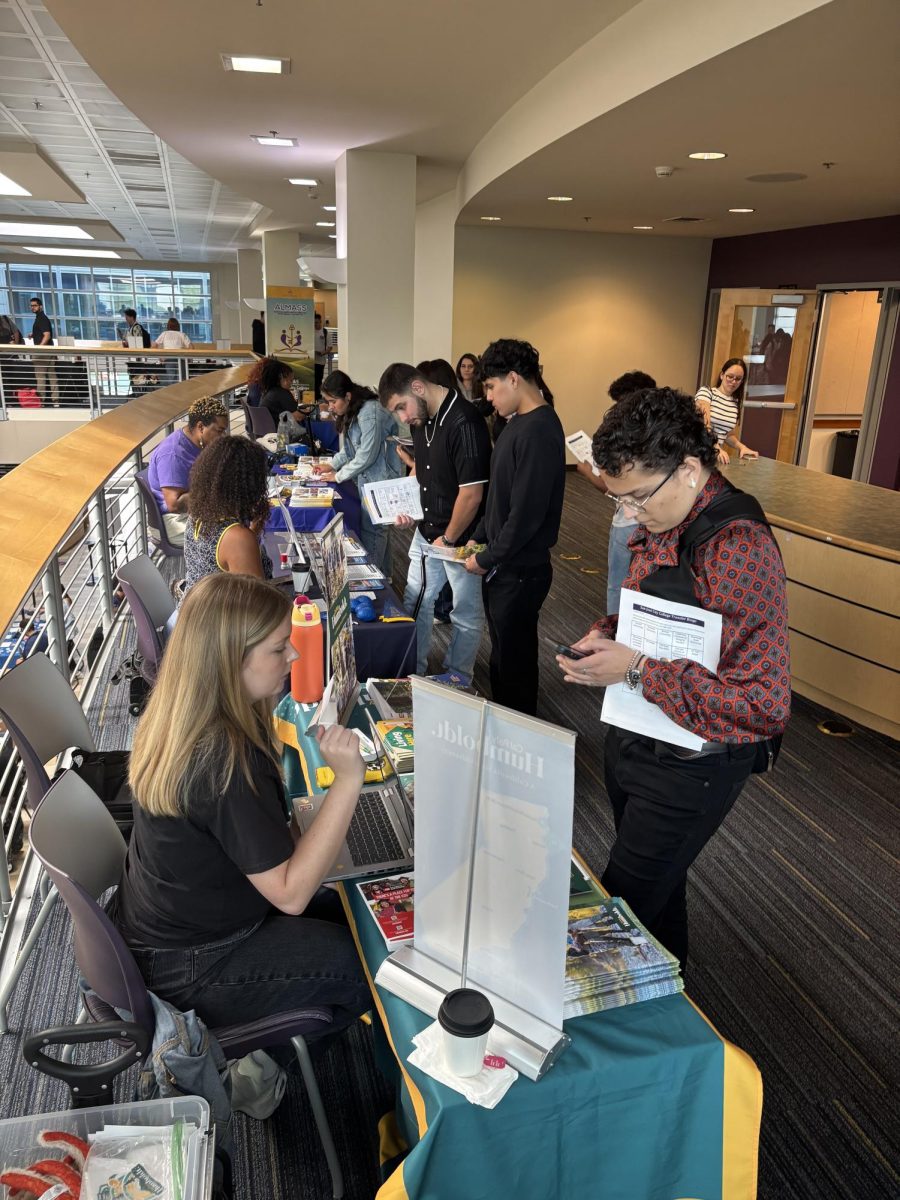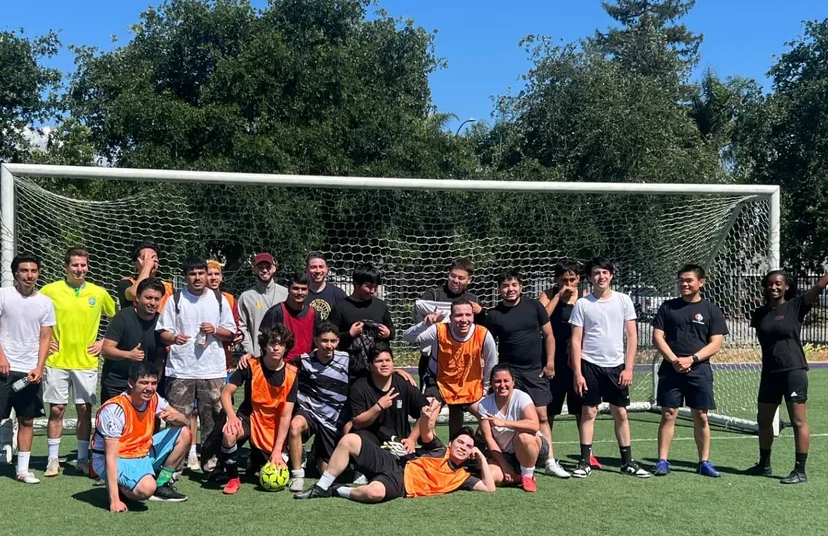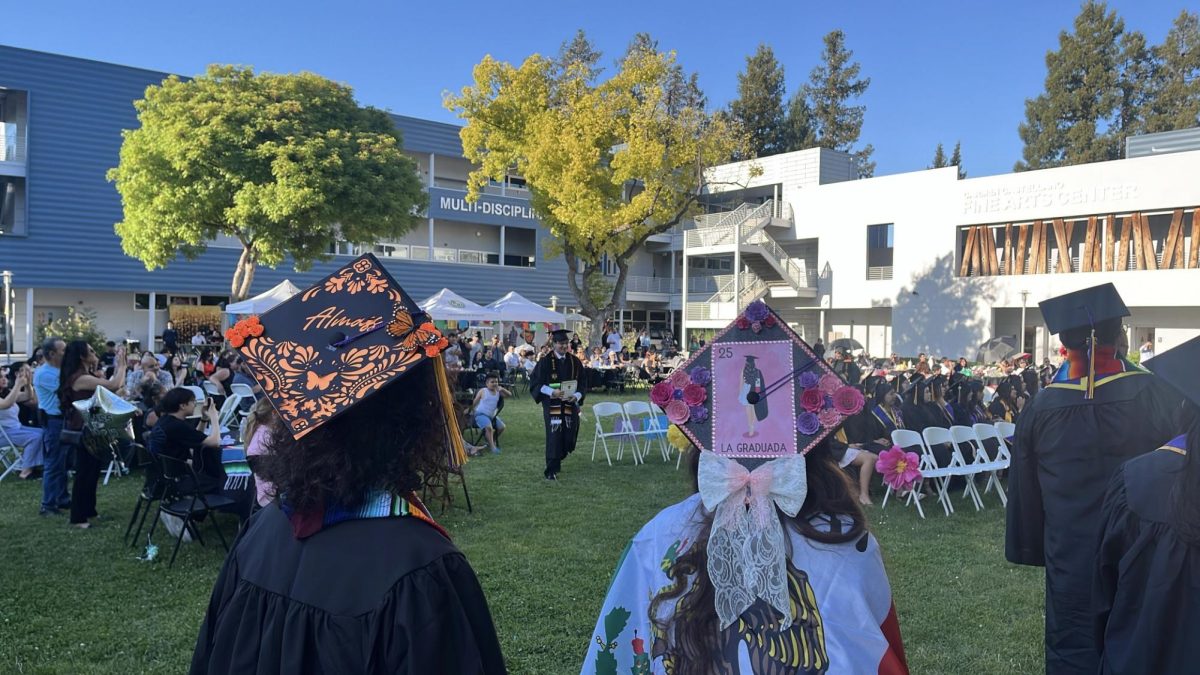By Jim Kenney
Contributing writer
For days, headlines have been dominated by the disturbing story of a Florida church’s proposed burning of the Koran on the ninth anniversary of the 9/11 attacks. And this story doesn’t exist in a vacuum—it has sprung up in the wake of a frenzy of reports about protests centering on the proposed Islamic cultural center near the site of Ground Zero. Yes, if you follow the news at all, you’re aware of the virulent opposition to this project, and of growing “Islamophobia” in general. And like many Americans, you may well be concerned about what seems to be a widespread intolerance that defies one of our nation’s founding principles: religious freedom.
To be sure, thoughtful Americans can find themselves on either side of the controversy—after all, such is our right. But it does lead many to wonder: What does the whole dispute mean in terms of society at large? Isn’t the rise of angry intolerance a sign of cultural retrogression? Doesn’t the apparent rise of “Islamophobia” in America signal a return to religious and cultural intolerance, or even to a sort of racialism?
Not at all.
The “Ground Zero” ferment offers, on one hand, a clear demonstration of progressive values-shift. On the other hand, it’s a classic example of the creation and intensification of an anti-evolutionary eddy.
Thriving in the Crosscurrent explains that we’re living through a time of dramatic cultural evolution—a sea change. The old values of patriarchy, racism, war mongering, and exploitation of nature really are giving way to new values of gender equality, human rights, nonviolence, and ecological awareness.
So why all the turmoil? And why does it seem that, in the mosque example but also in many others, Americans are more divided than ever? Any time mainstream thinking about important issues begins to change, some of us find our core identities threatened. This produces eddies—cultural “whirlpools” of stubborn and even angry resistance to progressive values-shifts.
When individuals haven’t had the opportunity or the occasion to reflect on such matters, they often feel that their own identities are being attacked. Their reactions range from discomfort to disorientation and from resentment to anger and even violence.
In other words, the backlash itself stands as proof of the culture shift. The controversy over the Islamic cultural center is one such eddy—intense, but not fated to last.
While Islamophobia is clearly on the rise in some regions of the country, interfaith respect and mutuality have been growing all over the land for the past 40 or more years. Informed respect continues to trump ignorance and intolerance. Eddies of resistance can slow but never stem the incoming tide. And that, I believe, will prove to be the case with the “Ground Zero” swirl.
Actually, “mosque” is a bit of a misnomer. (And it isn’t really at Ground Zero.) Originally entitled “Cordoba House” (in celebration of the coexistence of Jews, Christians, and Muslims in Cordoba, Spain, from the 8th through the 11th centuries), the project envisions a community center with performance space, sports facilities, a restaurant, a bookstore, etc. While the center would include a Muslim prayer area, the presence of the wide range of community services, organizers maintain, precludes it from being a mosque. It has been likened more accurately to a Jewish community center.
What’s more, its location near the site of the WTC attack, Park 51, is not at Ground Zero. Still, that has not prevented the spread of the viral term, “Ground Zero Mosque.”
As you may recall, the proposal to build an Islamic cultural center some two-and-a-half blocks away from the site of the World Trade Center was at first hailed by many progressives and conservatives alike as a gesture of healing and an expression of American cultural resilience. But not for long. Recently, a war of words has broken out, polarizing families of victims of the 9/11 attack and the broader American populace alike.






